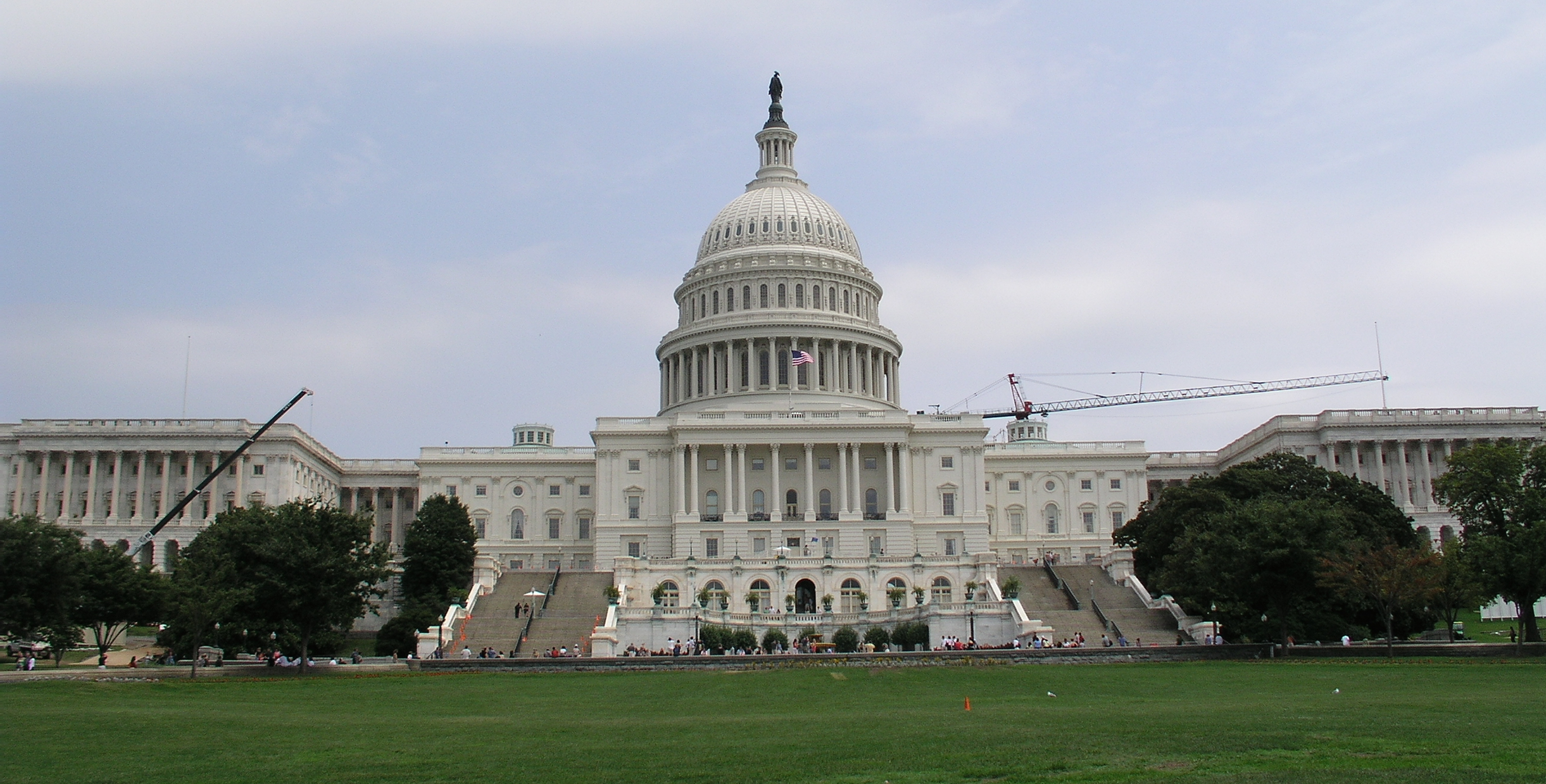By Daniel Pyon
As the dust settles from the midterm elections, this much is clear: the final two years of President Obama’s administration will be one of two-party control. Accordingly, journalists and pundits are busy predicting what divided government means for issues on the President’s legislative agenda ranging like immigration, climate change, tax reform, and presidential appointments in both the executive and judicial branches.
Of all these items, however, the area most likely to see substantial progress is President Obama’s goal to finalize several global trade agreements. The Obama administration is close to finalizing agreements on two major regional free trade deals: one with countries in the European Union, the Transatlantic Trade and Investment Partnership (“T-TIP”); and one with major economies in the Asia-Pacific Region, the Trans-Pacific Partnership (“TPP”). Agreements would reduce tariffs, level out differences in regulatory standards, and encourage investment and trade. Typically, the administration negotiating the agreements makes an advance request of Congress to pass a bill giving the President trade promotion authority, or “fast-track authority,” to bring the agreements to the floor of the Senate without an opportunity for amendment and with only limited debate. Executive branch officials believe they need this authority to obtain the best deal, as negotiating partners will be reluctant to concede certain deal points important and favorable to American interests if Congress can meddle with a balanced, delicately crafted treaty.
In a nod to unions and environmental groups, outgoing Senate Majority Leader Harry Reid has vehemently opposed granting President Obama fast-track authority and has refused to allow even a vote on the bill. His strategy was aimed at shielding Democratic lawmakers from both difficult votes and appearing divided in an election year. On the other hand, Republican lawmakers in both houses, including members on key committees and in leadership, have signaled a willingness to work with President Obama on free-trade agreements. (Senator Orrin Hatch, Senator McConnell, Speaker Boehner, House Majority Leader McCarthy, Rep. Dave Camp, and Rep. Charles Boustany have all urged President Obama to move forward on the issue). As Republicans will be in charge in both chambers of Congress, action on this front appears more likely than before.
Republicans and allied groups, such as the Chamber of Commerce, traditionally favor free-trade agreements, while Democrats and allied groups like organized labor and environmentalists are more skeptical, as they believe that such agreements weaken regulatory standards and hurt the domestic job market. It is President Obama that is breaking from his party on this issue, although not in an unprecedented fashion — President Bill Clinton attracted a lot of flak from his base for signing the North American Free Trade Agreement (NAFTA), a deal that many Democrats opposed. Perhaps it is the responsibility of the executive to view issues on a more macro scale, or with a more long-term view. Here, the president has articulated that he sees a real opportunity to broaden and strengthen long-term trade relationships with the EU and the countries in the Pacific Rim region that collectively make up the fasting growing regional economy in the world. The scope of these agreements would cover two-thirds of all international trade. As a rare area of agreement between the President and the new Congress, we can expect to see the finalization of these agreements sometime in the middle of 2015.

